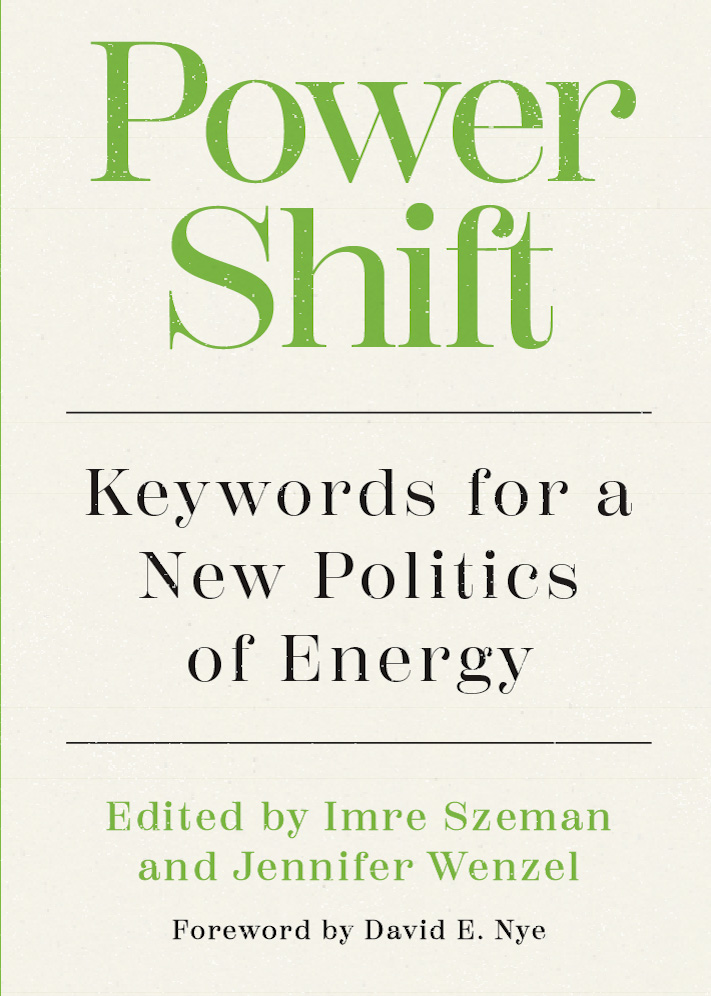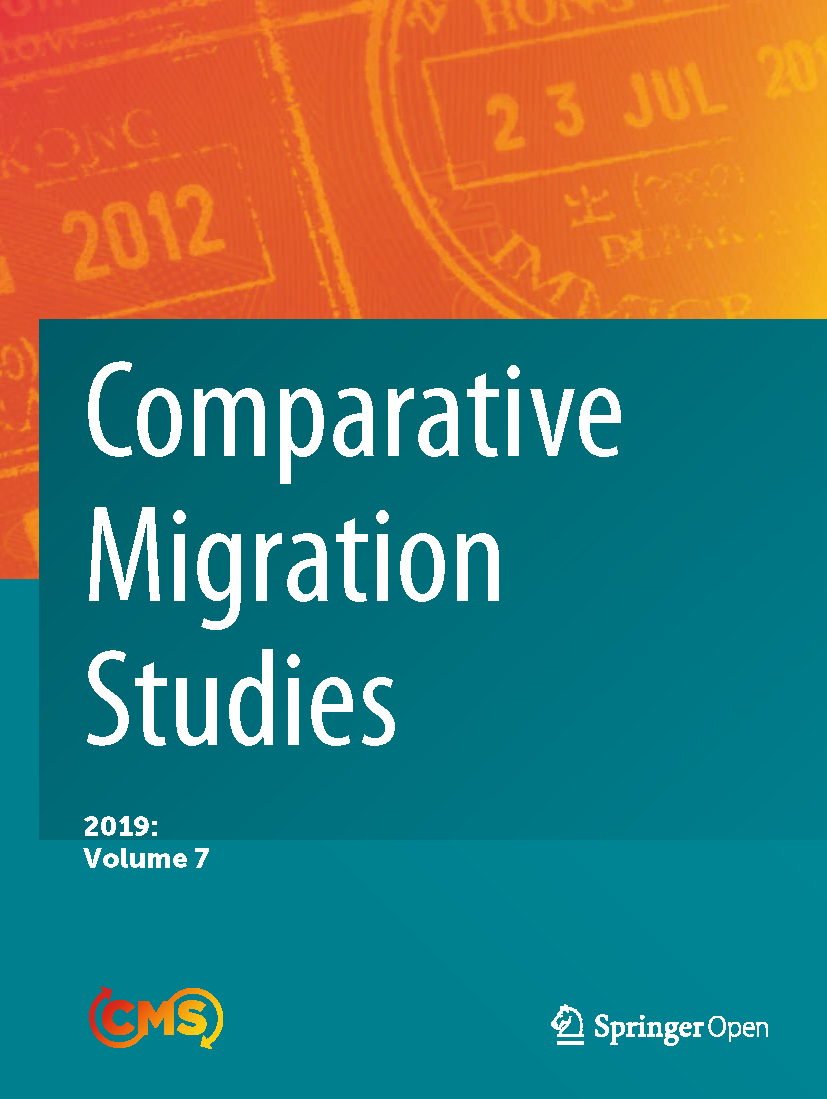Kálmán Judit Olga- Gender Differences in Effects of Labor Market Status on Subjective Well-Being Across European Welfare Regimes
Abstrakt :
This research investigates what gender differences exist in the relationship of work and subjective well-being across different European welfare regimes. Besides estimating individual-specific socio-demographic effects, especially that of labor market status it emphasizes the institutional context of different welfare regimes, tries to measure effects of the generosity of welfare policy schemes (unemployment, parental leave, childcare) and some macroeconomic factors (GDP, social and ALMP expenditures) on individual life satisfaction. Using micro-data from ESS 1-7 waves from 22 countries, adding context variables from various sources (e.g. Scruggs CWED2 welfare generosity scores,OECD, EIGE gender equality index etc.) it applies a pooled cross-section analysis with relevant multivariate methods). Apart from individual factors, it confirms welfare and gender regime typology, as well as the finer measure of generosity of welfare provisions to matter.
Az előadásra hibrid formában kerül sor, online is lehet követni, zoom felületen, illetve személyesen a K11-12-es földszinti előadóban kedden (12.13-án) 11.00 órakor.









